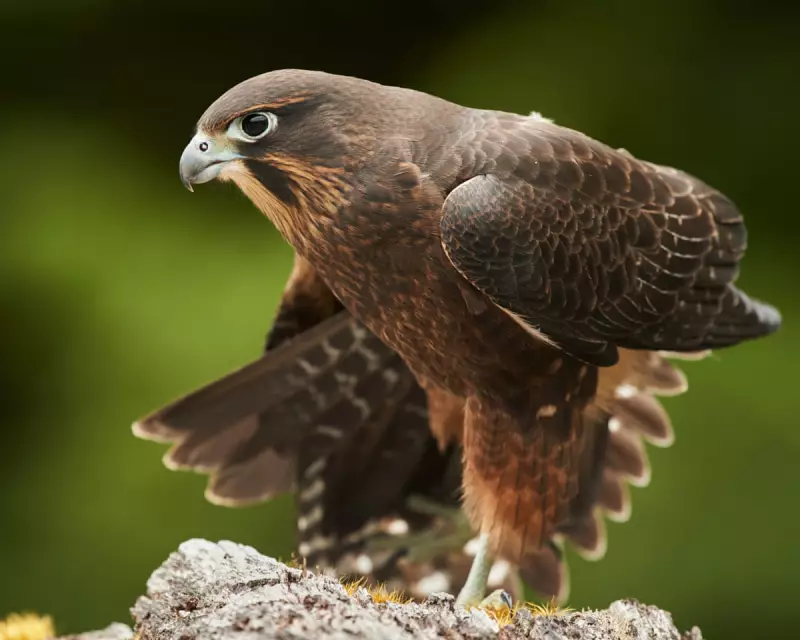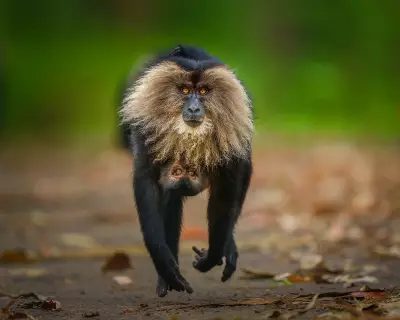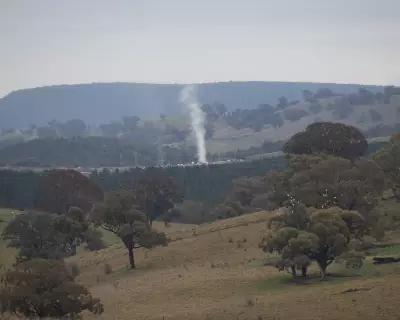
New Zealand's rugged landscapes have become the stage for an unexpected aerial drama, as the nation's endangered native falcon has begun targeting outdoor enthusiasts with aggressive dive-bombing attacks. The Kārearea, New Zealand's only falcon species, is demonstrating fierce protective behaviour during its critical breeding season.
Protective Parents Take to the Skies
Conservationists report increasing incidents in Hawke's Bay's Boundary Stream Reserve, where the majestic birds are swooping down on cyclists and walkers who venture too close to their nesting sites. These aren't random acts of aggression but calculated defensive manoeuvres by parent birds guarding their vulnerable chicks.
'It's actually good news,' explains Annabelle Jukes, senior biodiversity ranger for the Department of Conservation. 'This behaviour indicates our Kārearea are successfully breeding and protecting their young, which is crucial for this threatened species.'
Understanding the Aerial Assaults
The falcons' dramatic diving serves a clear purpose: to establish a safety perimeter around their nests. Typically, the birds issue warnings through distinctive 'kek-kek-kek' calls before escalating to physical interventions. While the swoops can be intimidating, actual contact is rare and injuries are typically minor.
Local authorities have responded by installing warning signs in high-risk areas and recommending practical precautions for visitors:
- Wear head protection like hats or helmets
- Carry an umbrella for overhead protection
- Raise arms above your head to appear larger
- Quickly move through affected areas without running
- Avoid known nesting zones during breeding season
Conservation Success Story
With an estimated population between 5,000-8,000 birds, the Kārearea faces ongoing threats from habitat loss and predation. Their aggressive breeding behaviour, while challenging for humans, represents a positive sign for the species' survival.
'We're asking people to be understanding,' says Jukes. 'This protective period is brief, and it means another generation of these magnificent birds is taking wing.'
The Department of Conservation emphasises that the falcons are protected species, and disturbing their nests remains illegal. The current situation highlights the delicate balance between wildlife conservation and human recreation in New Zealand's unique ecosystems.





